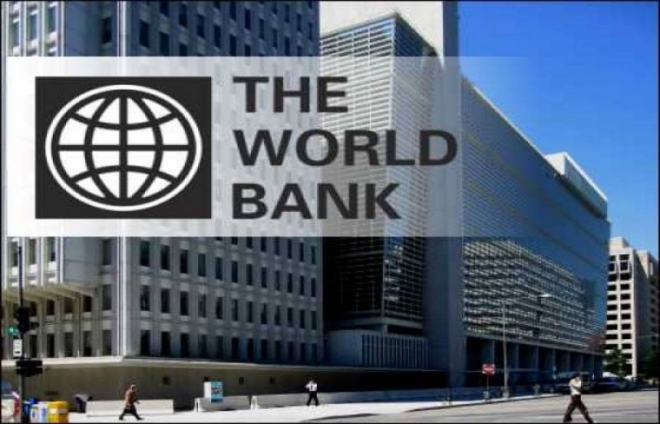The World Bank Group and the African Development Bank Group are partnering on an ambitious effort to provide at least 300 million people in Africa with electricity access by 2030.
The World Bank Group will work to connect 250 million people to electricity through distributed renewable energy systems or the distribution grid while the African Development Bank Group will support an additional 50 million people.
Access to electricity is a fundamental human right and is foundational to any successful development effort. Currently, 600 million Africans lack access to electricity, creating significant barriers to health care, education, productivity, digital inclusivity, and ultimately job creation.
"Electricity access is the bedrock of all development. It is a critical ingredient for economic growth and essential for job creation at scale. Our aspiration will only be realized with partnership and ambition. We will need policy action from governments, financing from multilateral development banks, and private sector investment to see this through," said Ajay Banga, World Bank Group President.
This partnership is a demonstration of the determination of the World Bank Group and the African Development Bank Group to be bolder, bigger and better in tackling one of the most pressing challenges in Africa. The initiative is the most recent manifestation of the World Bank Group’s commitment to become more impact-oriented and is the byproduct of a concerted workplan to build a better bank. It is aided by a constellation of regional energy programs that will now be aligned toward this common goal.
For the World Bank Group to connect 250 million people, $30 billion of public sector investment will be needed, of which IDA, the World Bank’s concessional arm for low-income countries, will be critical. In addition, governments will need to put in place policies to attract private investment, and reform their utilities so they are financially sound and efficient with tariff mechanisms that protect the poor.
Connecting 250 million people to electricity would open private sector investment opportunities in distributed renewable energy alone worth $9 billion. Beyond that, there would be substantial opportunities for private investments in grid-connected renewable energy needed to power economies for growth.
Latest Stories
-
US Supreme Court to hear TikTok challenge to potential ban
2 minutes -
Amazon faces US strike threat ahead of Christmas
34 minutes -
Jaguar Land Rover electric car whistleblower sacked
41 minutes -
US makes third interest rate cut despite inflation risk
46 minutes -
Fish processors call for intervention against illegal trawling activities
58 minutes -
Ghana will take time to recover – Akorfa Edjeani
2 hours -
Boakye Agyarko urges reforms to revitalise NPP after election defeat
2 hours -
Finance Minister skips mini-budget presentation for third time
2 hours -
‘ORAL’ team to work gratis – Ablakwa
2 hours -
Affirmative Action Coalition condemns lack of gender quotas in Transition, anti-corruption teams
2 hours -
December 7 election was a battle for the ‘soul of Ghana’ against NPP – Fifi Kwetey
2 hours -
Social media buzzing ahead of Black Sherif’s ‘Zaama Disco’ on December 21
2 hours -
Afenyo-Markin still suffering from the massive defeat – Fifi Kwetey
3 hours -
Retain Afenyo-Markin as NPP leader, he has experience – Deputy Speaker
3 hours -
Kufuor didn’t leave behind a strong economy – Fifi Kwetey
3 hours

